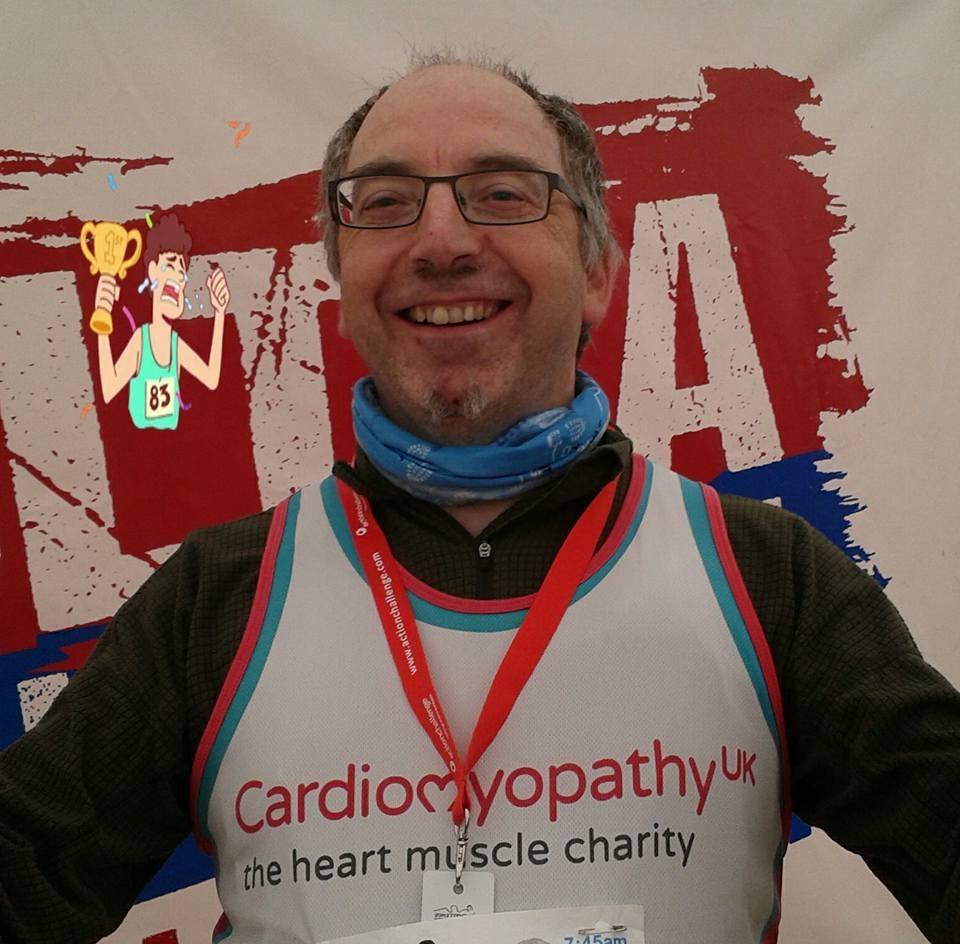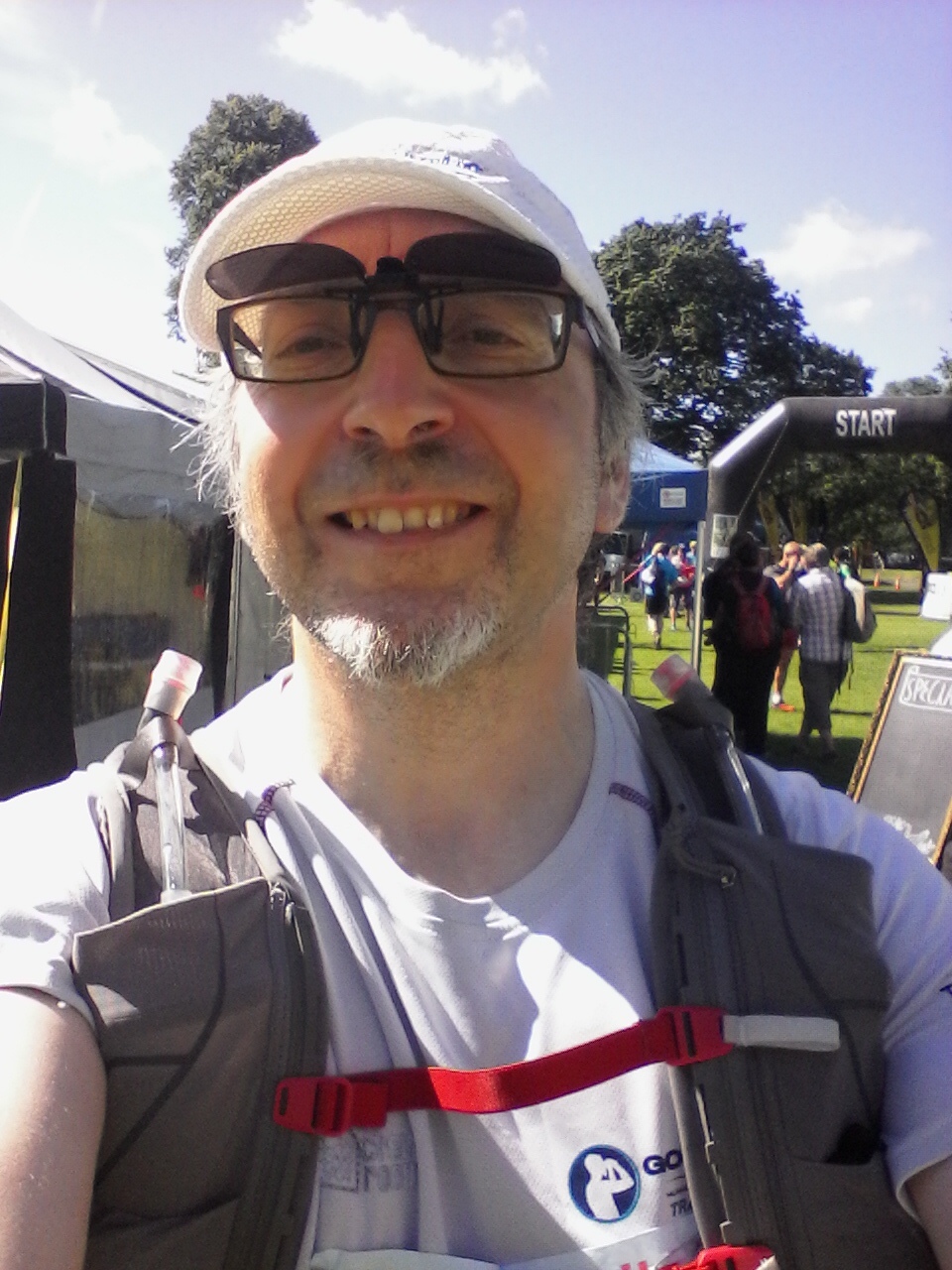From heart failure to ultramarathon: “#walk1000miles has given me a second chance at life” 52-year-old doctor from the Wirral Tom Giles told us.
What was wrong with your heart Tom?
I was always active – I ran, and I didn't learn to drive until my mid 20s so cycling was my form of transport. But a few years ago I’d developed a chronic cough. By Christmas that year I couldn’t walk around the hospital where I work without getting short of breath. I convinced myself I has lung cancer. I really thought it was the last Christmas I would see. I was diagnosed with dilated cardiomyopathy and within half an hour of the scan I was admitted to the cardiac ward with severe heart failure. My heart was so strained it was on the verge of stopping. I even had a wire inserted into my heart connected to a defibrillator under the skin of my chest to shock my heart if it stops.
How did your recovery begin and when did you come across #walk1000miles?
When I came out I had no idea how far I would recover. There was a real possibility I would struggle to climb the stairs at home. But I would tentatively walk around the local paths using buses to get around – I couldn't drive as DVLA suspends your licence when you have a defibrillator put in. Slowly I found my walking abilities increased until I was feeling well again. My aspirations grew larger – and I even completed the London marathon for the charity Cardiomyopathy UK through a mixture of running and walking. But my body broke down, particularly my ankle/achilles, and I couldn't run again for the rest of the year. Then in December I saw the #walk1000miles on Twitter. Walking is such a good rehabilitation activity I decided to take on the challenge. I was fidgety with excitement as January 1st approached and started the year doing regular short walks around my local area.
Was there a moment you remember feeling was a turning point?
After two months of regular walking and a week of longer hikes, I really felt I’d been given a second chance in life. I looked at my bucket list and booked a trip to Iceland to do a 34 mile trek. My fitness had now improved my heart so much I was being over-treated so, coupled with a reduction in treatment, I planned a training programme towards completing a 30 mile run in November in Yorkshire. #walk1000miles made this all possible by providing a commitment that validated spending the time looking after myself. I was no longer leaving the wife in the house or leaving work promptly just to get away, I was working towards a pledge that I had made that put my health higher up the priorities list. Without this, I am sure the pressures of work, life and everything would have swept aside any good intentions. The public pledge at the start of the challenge is so important.
How much of a difference to your life will #walk1000miles have made in the long run do you think?
It’s the solid foundation on which my future is built. Challenges aside, there is no better way to appreciate the world than by exploring on foot. My life has improved tremendously by doing it. I can now well and truly outrun my cardiologist and this was all sparked by the discipline and support provided by #walk1000miles!
Why should more people do #walk1000miles?
There’s no better way of improving your life than regular walking. It’s the start of a journey with no map and no timetable. Each journey is different and because it is tailored to you, it will always end in a better place providing you are honest with yourself and do what is right for you. In a world where everyone wants something from you, this puts you in control and puts you first.





